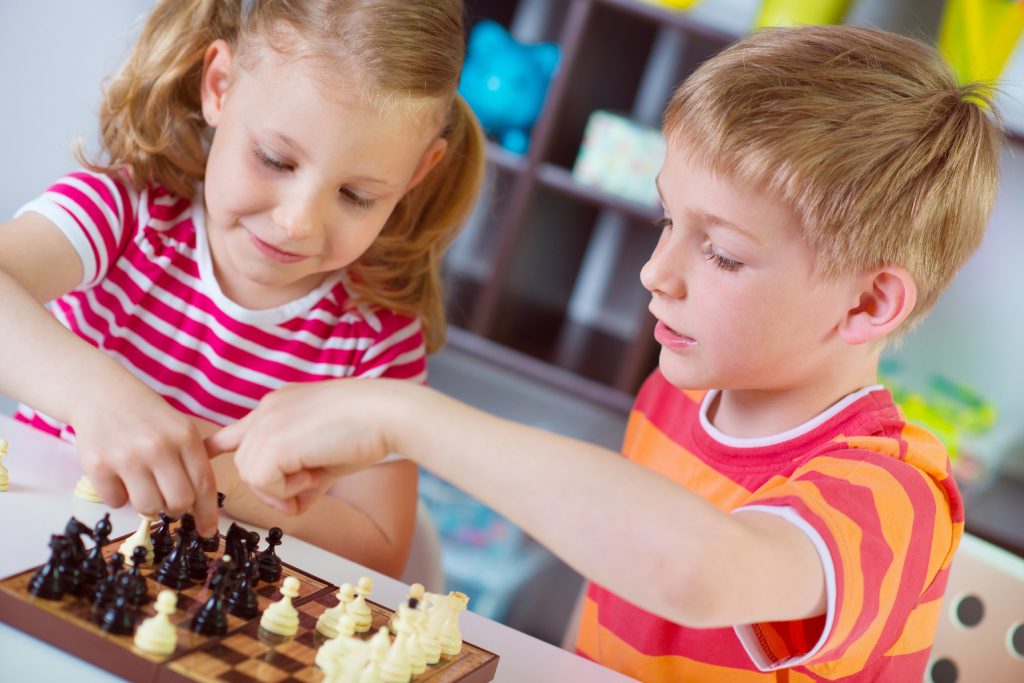Here Are Some Excellent Extra-Curricular Activities for Children
Extra curricular activities are the key to promoting physical and mental wellness in children, especially in kindergarten and preschool. By engaging your children in fun and challenging activities, you let them uncover their innate talents and help them become well-rounded grownups.
The good thing about extra curricular activities is that they are generally fun and kids don’t feel they are actually learning. And yet, they acquire crucial life skills such as communication, problem solving, teamwork, leadership, self-discipline and physical coordination. With these activities, kids also challenge themselves to try new things and explore their talents. This gives them the opportunity to take pride in their achievements and build up confidence.

Fun extra curricular activities for your kids
Whichever extra curricular activity you choose for your child, make sure it’s fun enough. This way, it will keep their interest strong and help them master the skills they need.
-
Music
Children start learning music since birth. In early childhood, their music potential is actively developing. Music classes help children learn about rhythm, tunes, and various musical instruments through repetition of songs, rhythm games and movements.
-
Dancing
Dancing can help your child build confidence, coordination, and kinesthetic intelligence. As dancing involves lots of movements, many children love it! Why not take those home dancing sessions and turn them into something even better with formal dance classes?
-
Sports and martial arts
Sports and martial arts help children practice discipline, focus, and strengthen their bodies. They keep children active and teach them how to compete and deal with both victory and defeat. Team sports additionally help kids learn about teamwork and leadership.
-
Yoga and gymnastics
These activities help kids develop their motor skills, balance, and get comfortable with their bodies in a playful way. The activities also make kids' bodies flexible and encourage a healthy lifestyle.

-
Swimming
The sooner you enroll your children in swim classes, the more comfortable they will feel in the water. They will build up their movement and motor skills, and develop awareness about their safety.
-
Arts
Painting, drawing, pottery, and other creative activities help children develop their imagination and creative thinking. They also promote problem solving and independence. Arts give the freedom to convey thoughts and views of the world in a unique way, thus building the children’s confidence when communicating their feelings.
-
Learning a second language
Learning a second language helps develop your children's cognitive activity. Since it requires memorizing new words and sounds, their creativity and flexibility increases, too. By learning a new language, children learn about other cultures, which leaves their mind open for accepting and respecting differences.
-
Chess
Chess is a great activity for improving your children’s analytical and strategy skills. It will teach them to think ahead, anticipate the opponent’s moves, and be confident in their decisions.

-
Cooking
It’s never too early to learn how to cook. Children love mixing and stirring, which gives them an advantage for this extra curricular activity. Cooking instills a love for healthy food and helps kids learn how to follow instructions, measure ingredients, and be patient.
-
Gardening
Children enjoy digging and playing in dirt. Gardening gives them an excuse to do the things they like while exploring and learning about the world of plants. At the same time, they learn about the great circle of life and the importance of being respectful to the environment.
-
Keeping a pet
Every child enjoys the companionship of animals, which helps you teach your own child to grow into a caring and thoughtful person. Caring for pets encourages the emotional development of children since it helps them learn about empathy and compassion. It also helps children learn to deal with responsibilities.
How to choose the proper activity for your children
There are so many activities that are good for your kids and you might find it hard to choose one. But, you can evaluate the options considering some of the following aspects.
Children’s interests
If you want to make sure your kids will enjoy and stay interested in the chosen activity, it’s best to ask them what they want. Sit together and make a shortlist of activities that match their interests and talents. It’s important to let your kid do the majority of the work. You might be surprised how far their interests can go. Just make it clear that the chosen activity will demand commitment This way you avoid wasting both your time and their time.

Age appropriate
Regardless of how much your children demonstrate intelligence, interest and talents, it’s important to choose an age appropriate activity. If it includes classes or teams, make sure they are divided into age appropriate sections. Also, younger children can easily lose their interest in activities that last for hours. If the activity is not challenging enough for your child’s age, it may lead to issues, too.
Location
While it may not be a problem when the enthusiasm is high, the location is one of the key aspects you should bear in mind. Choose an activity that’s close to your home. Both you and your child may lose interest in an extra curricular activity that requires long car rides every other day.
Purpose
When choosing an extra curricular activity, it’s very important to ask yourself about its purpose in your child’s life later on. Think about the skills your child needs to develop. Pay attention your child's interests and the skills needed to develop and make those dreams come true.

KinderIQ online learning resources can help you discover your children’s skill level and keep them engaged in various age appropriate activities. Our free children's IQ test is a quick way to gauge fluid intelligence in children as young as 3. Our Kindergarten Readiness Test provides an easy way to see how prepared your child is for the first years of school and focus their learning on the areas that matter the most. KinderIQ also offers a collection of printable skills worksheets and tons of other resources to help children get ready for school.